Four of the best rustic retreats in Europe
Get away from the bustle of the city at these rural retreats
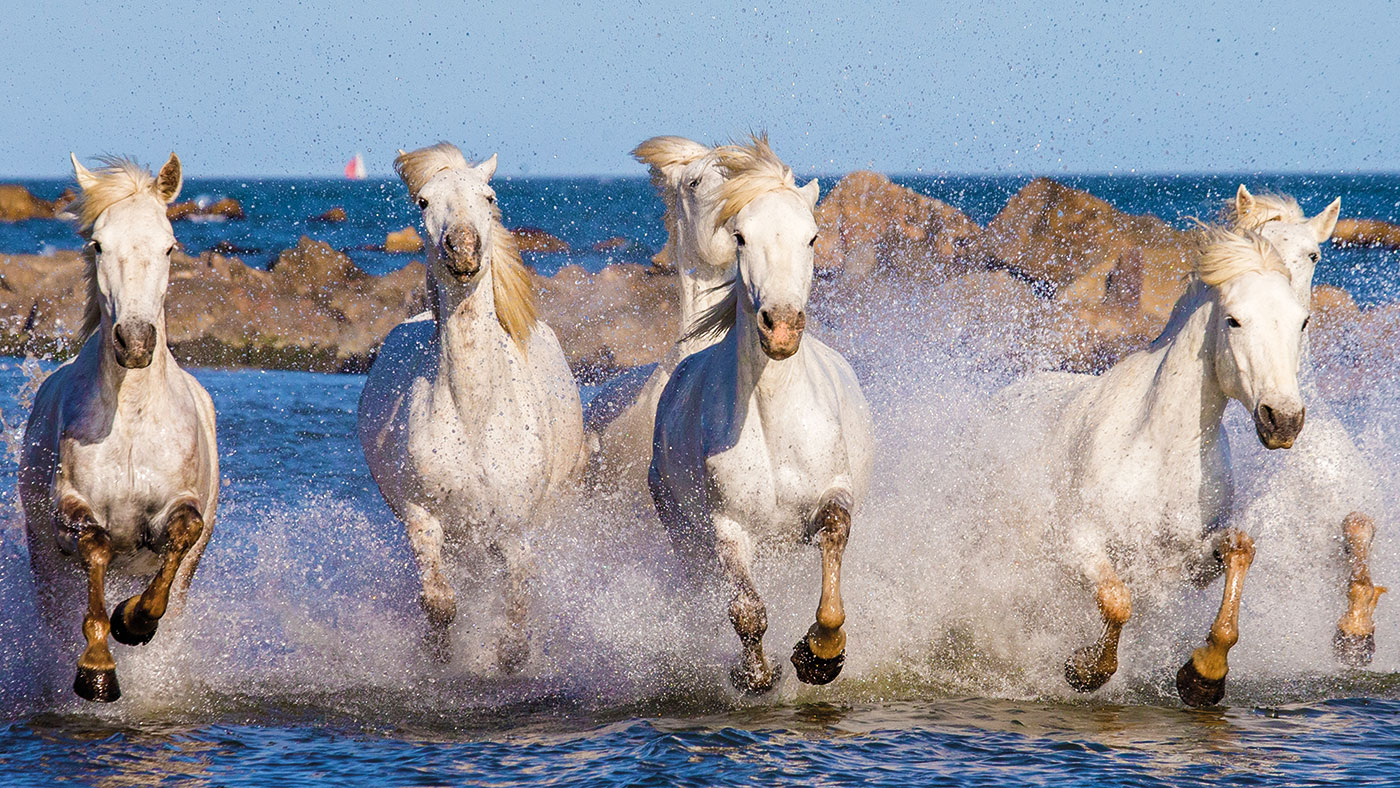
A free daily email with the biggest news stories of the day – and the best features from TheWeek.com
You are now subscribed
Your newsletter sign-up was successful

Europe has a wealth of wild and rustic landscapes to explore. One such is to be found on the toe of Italy’s boot, “poking far into the sea” as if “determined that the land would be from the beginning of history an object of desire”, says Frances Mayes in National Geographic Traveller. Many peoples have come to settle here and Calabria’s “tumultuous” history appears to be almost reflected in the landscape. Just outside of the town of Tropea, the sun “drops down beside Stromboli”, an island located about 30 miles offshore. “Streaks of rose gold exactly match my Aperol spritz, and sunset tessellates a path all the way to shore.”
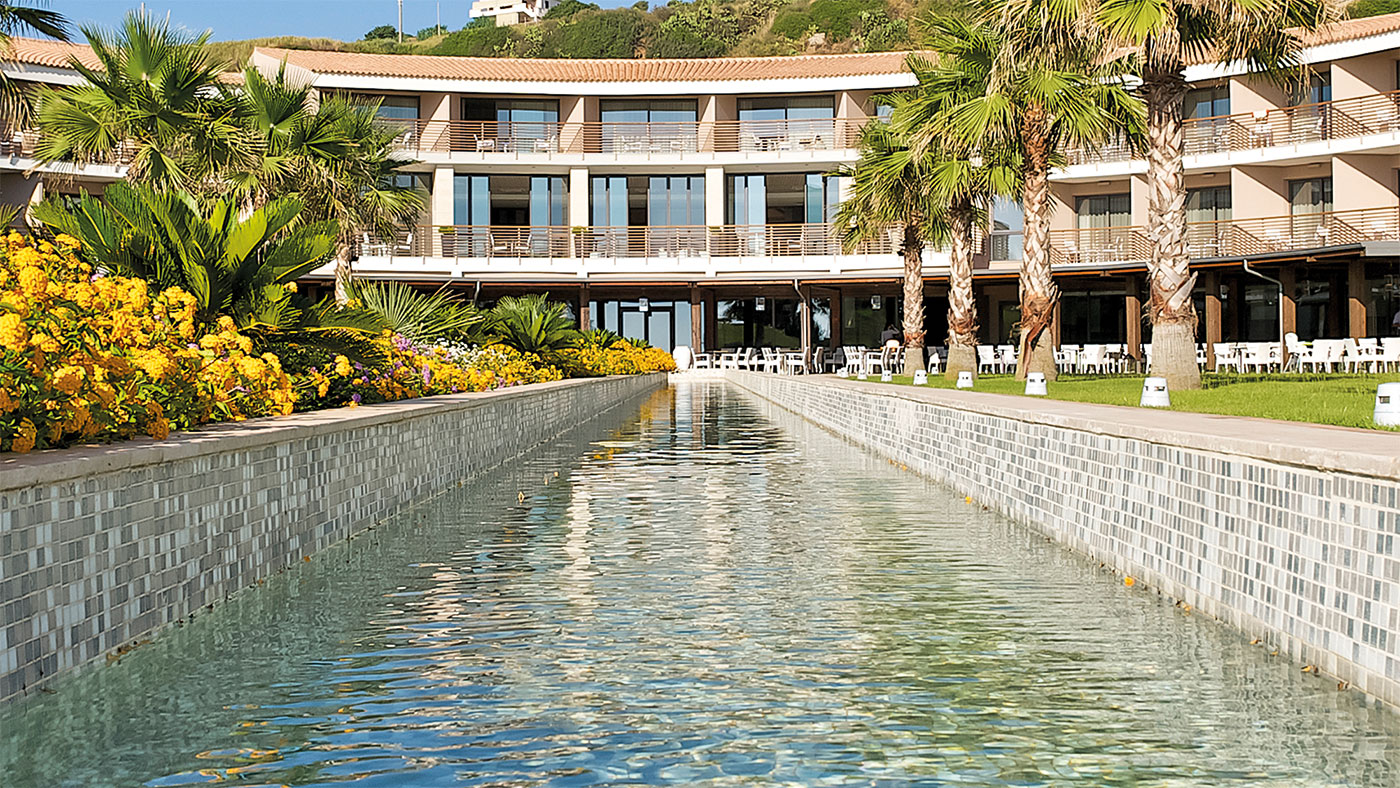
The “super-contemporary” Capovaticano Resort (around €170) sits on a beach lapped by “clear-to-the-bottom” waters. “Our sleek minimalist room and wraparound balcony don’t even try to compete with the view.” The town of Tropea rises out of the rocks 200 feet below. There are “flowery piazzas”, crumbling palazzi, and shops hung with braids of hot peppers and local onions. This may just be one of the most romantic towns in Italy.
The Week
Escape your echo chamber. Get the facts behind the news, plus analysis from multiple perspectives.

Sign up for The Week's Free Newsletters
From our morning news briefing to a weekly Good News Newsletter, get the best of The Week delivered directly to your inbox.
From our morning news briefing to a weekly Good News Newsletter, get the best of The Week delivered directly to your inbox.
France’s Wild West
To reach Saintes-Maries-de-la-Mer, the capital of the Camargue, you must travel through vineyards and olive groves, orchards of almond trees and ditches filled with yellow irises, says Harry Pearson in Condé Nast Traveller – “past roadside stalls selling asparagus, baby turnips and sacks of the red rice that grows in the puddled paddy fields”. The scenery is “neither lush nor pretty”. The soil is salty, the sun beats down and wind whips in from the south.
“Yet the Camargue has an epic quality, an ascetic, pagan magic, even, in its vivid strangeness, a touch of the surreal that is unique and unforgettable.” Owing to the breed of white horses (pictured top) that comes from here, the cattle, and the colourful shirts and neckerchiefs of the guardians, the local mounted herdsmen, romantics have labelled the Camargue as “the Wild West of France”. That might be stretching it. Though the stuccoed houses, with their pastel-blue shutters and pantiled roofs, do “have a certain Sergio Leone quality to them”.
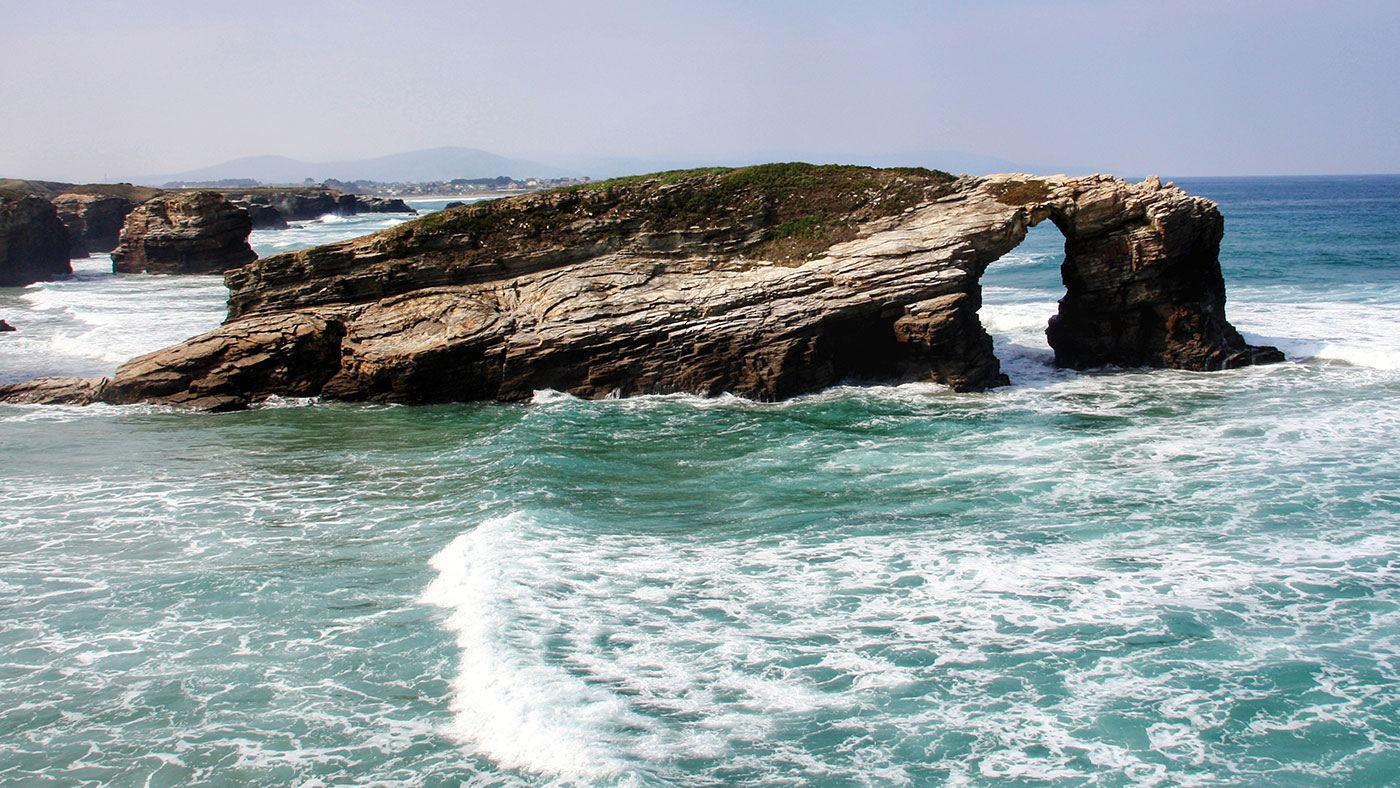
A cathedral in rock
A free daily email with the biggest news stories of the day – and the best features from TheWeek.com
It’s not hard to see how the Playa de las Catedrales, in Galicia, Spain’s northwestern-most region, gets its name. Standing in the sand, “above my head a rock arch soars”, says Helen Ochyra in the Evening Standard. “To the east another arch, made smaller only by perspective, frames a patch of blue sky… the pattern they form reminiscent of a cathedral’s nave.”
Its rock formations lend it a name “appropriate not only to its physical silhouette but somehow also to its atmosphere”. The Galicia region feels far removed from the rest of the country – “a dramatic land is wrapped in an embrace with the Atlantic”. The coastline begs you to walk along it. “As the wind whips the hair from my face, I spot cracks that I imagine are the start of arches to come”, says Ochyra.
It’s worth pulling yourself away to explore Galicia’s interior. Casa da Cabaza (€80) lies close to the shores of lake Embalse de Vilasouto. This farmhouse has been turned into a “stylish retreat”, where hosts Siets and Tariq show Ochyra to her room in the old hayloft. “It offers a cosy retreat, all wooden floorboards and antique rugs.”
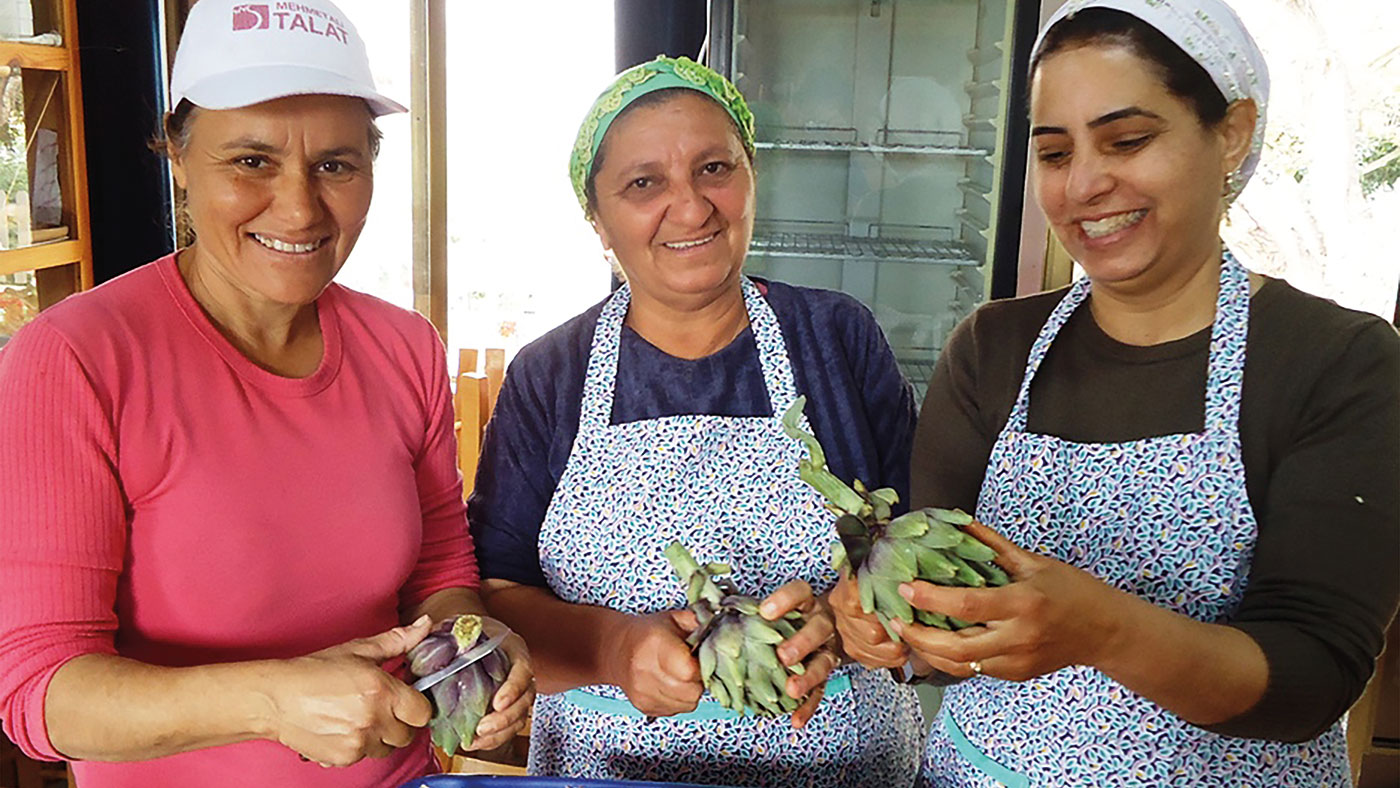
Traditional village life in northern Cyprus
The beautiful, yet rugged coastline of northern Cyprus’s Karpas Peninsula is “as far off the beaten track as you can get” in the Mediterranean, says Brana Vladisavljevic in Lonely Planet magazine. As a result, it receives a fraction of the visitors that descend on the resorts in the south of the island, despite its “unsullied golden beaches”, and the attractions of its wild donkeys and nesting loggerhead turtles.
Stay in Büyükkonuk, a village 25 miles north of Famagusta in the foothills of the Kyrenia Mountains, and home to a pilot eco-tourism project. Here, visitors are invited to experience life in a traditional Cypriot village. You can take craft and cooking classes, as well as sample the island’s traditional cuisine – “a mishmash of Greek and Turkish flavours”. (See ecotourismcyprus.com)
This article was originally published in MoneyWeek
-
 The EU’s war on fast fashion
The EU’s war on fast fashionIn the Spotlight Bloc launches investigation into Shein over sale of weapons and ‘childlike’ sex dolls, alongside efforts to tax e-commerce giants and combat textile waste
-
 How to Get to Heaven from Belfast: a ‘highly entertaining ride’
How to Get to Heaven from Belfast: a ‘highly entertaining ride’The Week Recommends Mystery-comedy from the creator of Derry Girls should be ‘your new binge-watch’
-
 The 8 best TV shows of the 1960s
The 8 best TV shows of the 1960sThe standout shows of this decade take viewers from outer space to the Wild West
-
 Sport on TV guide: Christmas 2022 and New Year listings
Sport on TV guide: Christmas 2022 and New Year listingsSpeed Read Enjoy a feast of sporting action with football, darts, rugby union, racing, NFL and NBA
-
 House of the Dragon: what to expect from the Game of Thrones prequel
House of the Dragon: what to expect from the Game of Thrones prequelSpeed Read Ten-part series, set 200 years before GoT, will show the incestuous decline of Targaryen
-
 One in 20 young Americans identify as trans or non-binary
One in 20 young Americans identify as trans or non-binarySpeed Read New research suggests that 44% of US adults know someone who is transgender
-
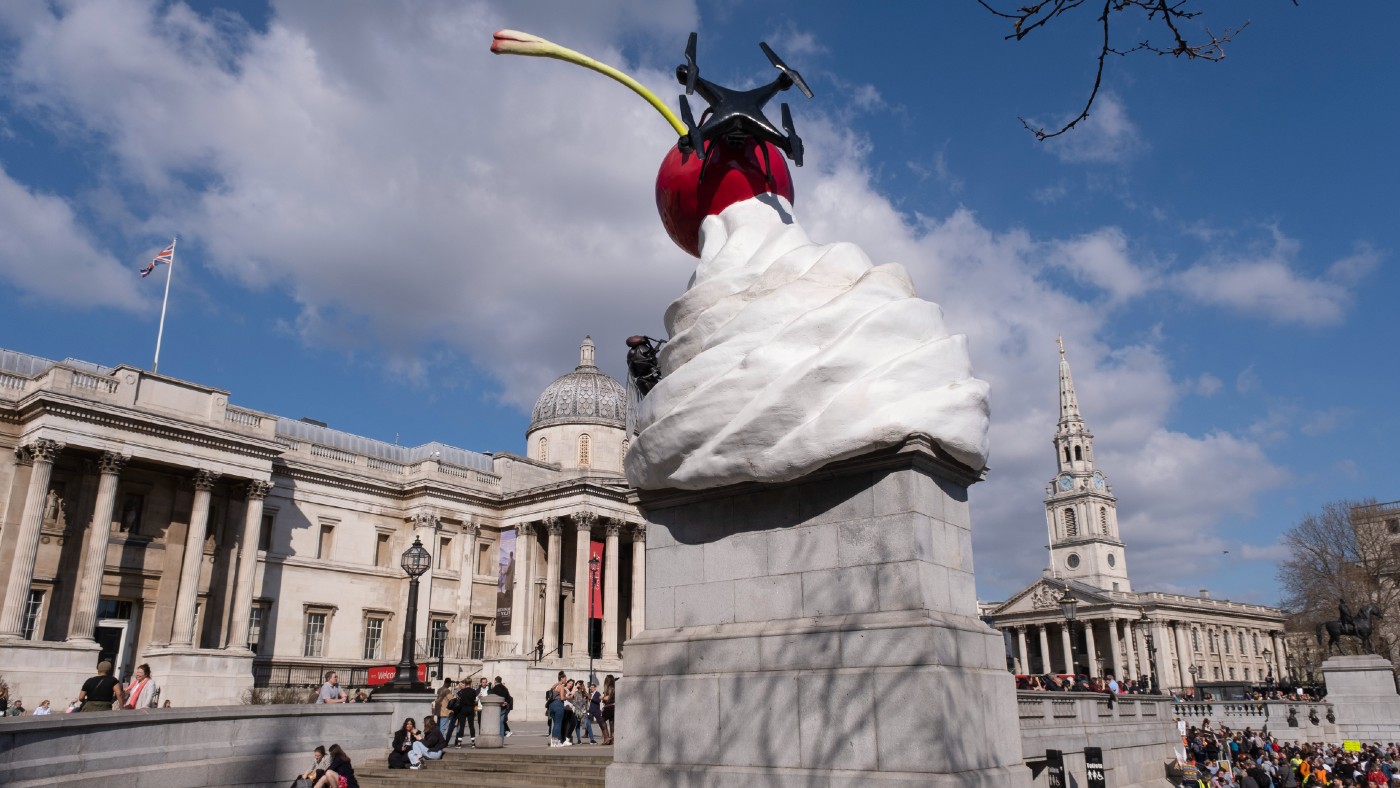 The Turner Prize 2022: a ‘vintage’ shortlist?
The Turner Prize 2022: a ‘vintage’ shortlist?Speed Read All four artists look towards ‘growth, revival and reinvention’ in their work
-
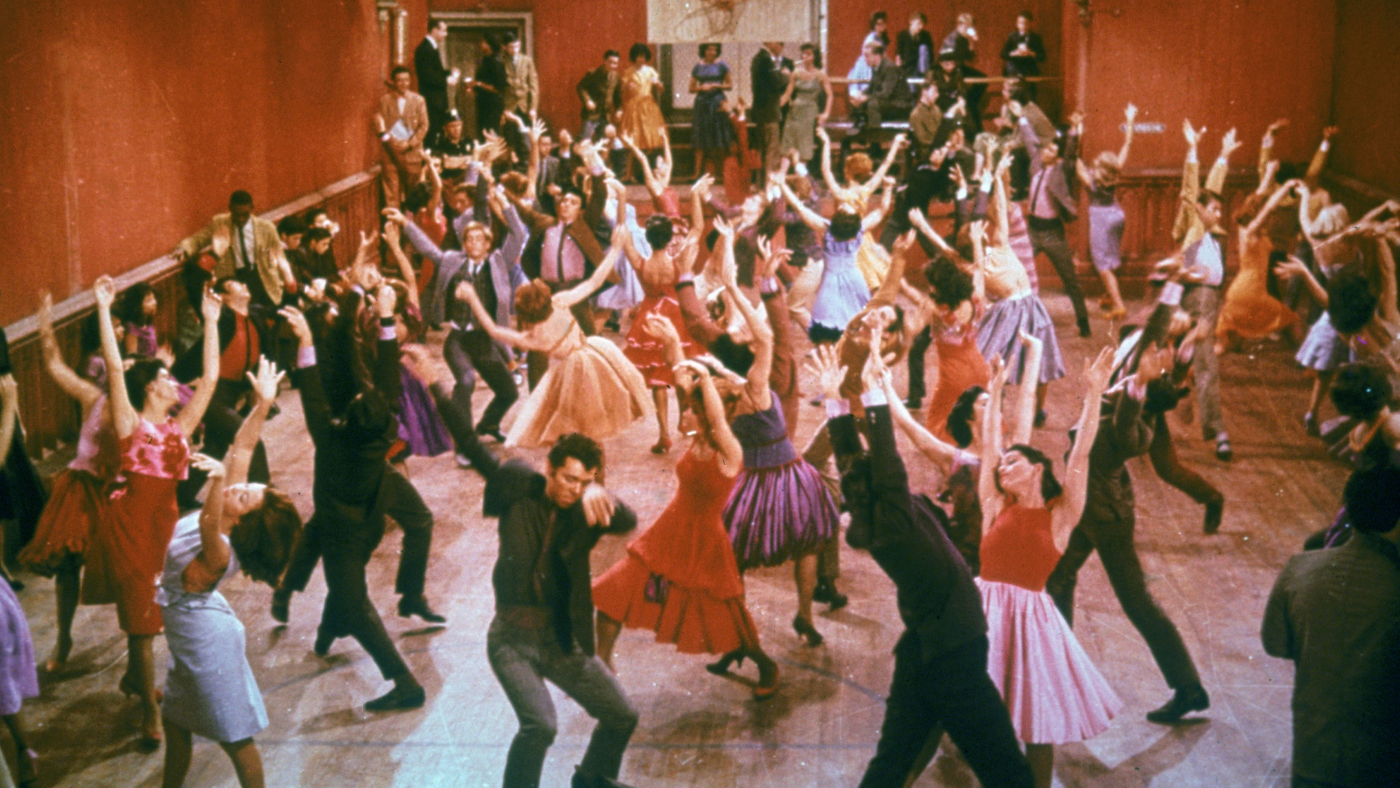 What’s on TV this Christmas? The best holiday television
What’s on TV this Christmas? The best holiday televisionSpeed Read From films and documentaries to musicals for all the family
-
 Coco vision: up close to Chanel opticals
Coco vision: up close to Chanel opticalsSpeed Read Parisian luxury house adds opticals to digital offering
-
 Abba returns: how the Swedish supergroup and their ‘Abba-tars’ are taking a chance on a reunion
Abba returns: how the Swedish supergroup and their ‘Abba-tars’ are taking a chance on a reunionSpeed Read From next May, digital avatars of the foursome will be performing concerts in east London
-
 ‘Turning down her smut setting’: how Nigella Lawson is cleaning up her recipes
‘Turning down her smut setting’: how Nigella Lawson is cleaning up her recipesSpeed Read Last week, the TV cook announced she was axing the word ‘slut’ from her recipe for Slut Red Raspberries in Chardonnay Jelly